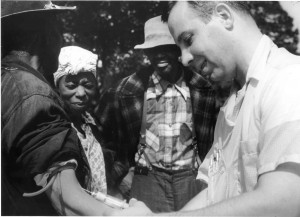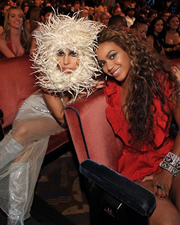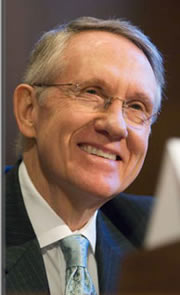 I’m often asked to discuss whether there are distinctive attitudes within the “black community” in such areas as education, medical care, and the government. The question can take a relatively benign form, wondering where such attitudes might have originated and how they might be addressed. At other times, I’m told angrily that blacks are responsible for their own problems, and that our history of race is irrelevant, because blacks supposedly do not value education or hard work, or that they fail to exhibit constructive attitudes towards authority figures in such areas as law enforcement, the justice system, the medical community, and education.
I’m often asked to discuss whether there are distinctive attitudes within the “black community” in such areas as education, medical care, and the government. The question can take a relatively benign form, wondering where such attitudes might have originated and how they might be addressed. At other times, I’m told angrily that blacks are responsible for their own problems, and that our history of race is irrelevant, because blacks supposedly do not value education or hard work, or that they fail to exhibit constructive attitudes towards authority figures in such areas as law enforcement, the justice system, the medical community, and education.
There are difficult issues involved in this topic: are there, in fact, distinctive attitudes among black Americans towards civic or community values and institutions which are held in high esteem by most white Americans? If so, how widespread are these attitudes? Where and how might these attitudes have originated? Is there a connection to our long history of slavery and racial discrimination? What steps might be taken to begin to address this situation?
On the first issue, there is a new study available in the February issue of the Archives of Pediatrics & Adolescent Medicine which suggests a significantly higher degree of mistrust among black Americans towards medical research than among whites.
Click here to read the rest of this entry
 “Quick Takes” offers a mix of news, opinion, and research related to race, privilege, and inequality.
“Quick Takes” offers a mix of news, opinion, and research related to race, privilege, and inequality.

 Senate Majority Leader Harry Reid (D-Nev.) has been taking heat since yesterday for his remarks on the Senate floor
Senate Majority Leader Harry Reid (D-Nev.) has been taking heat since yesterday for his remarks on the Senate floor 